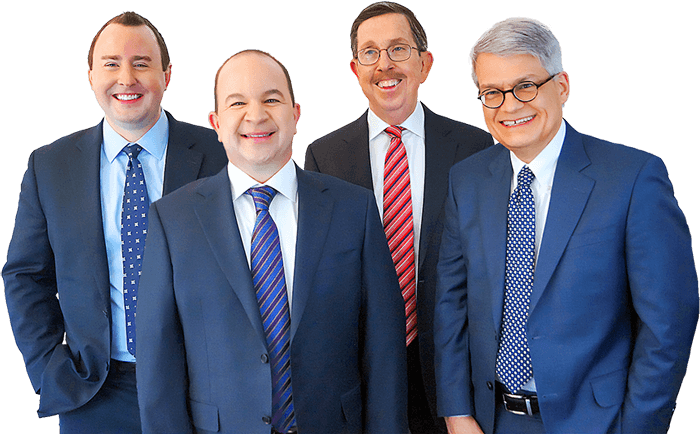Mistakes made by medical professionals can have devastating consequences. Despite their years of training, doctors and other people in the health care industry make errors that can harm their patients. In such situations, patients harmed by a medical professional’s error may want to take legal action. First of all, however, the state of Connecticut requires that anyone filing a medical malpractice claim based upon negligence submit a ‘good faith certificate’ along with the initial petition.
So what is a good faith certificate? Basically, under Connecticut law, the party or attorney filing the law suit alleging medical malpractice based upon negligence must certify that he or she has made a reasonable inquiry into the facts of the case and has a good faith belief that negligence has occurred. The next inquiry would logically be: “what constitutes a ‘good faith’ belief?” According to statute, the compliant should be accompanied by the written statement of a medical professional with similar practice area to that of the alleged negligent party saying that in his or her opinion there is reason to believe negligence occurred. This statement should contain a detailed explanation of how that conclusion was reached. The person given such a written statement must be qualified under the same rules used to qualify expert witnesses at malpractice trials.
The filing of a false good faith certificate can have consequences. According to Connecticut law, after the discovery process of the judicial proceeding, the judge may find that there is no evidence that a valid issue was raised against the defendant, and that the certificate of good faith was false. As long as the defendant cooperated in discovery, the court may order the plaintiff to pay reasonable costs to the defendant for having to defend the suit, including attorney’s fees. Further, the judge may submit the matter to the appropriate authority regarding the discipline of an attorney involved in such a false certificate.
As can be seen, a negligence-based medical malpractice case can become complicated before it is even filed. Since the information in this post cannot serve as the basis for a lawsuit, those seeking redress of injuries cause by a medical professional, including additional medical expenses and pain and suffering, may wish to consider contacting an experienced medical malpractice attorney.


